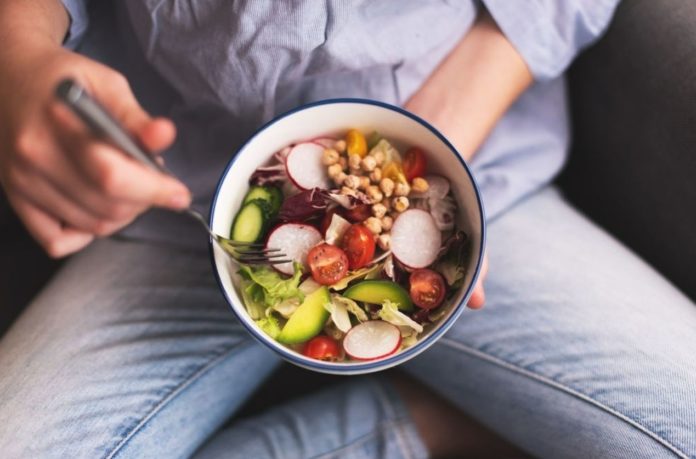Evidence Suggests diets low in valine foods, such as meat, fish, and beans may help prevent acute lymphoblastic leukemia
The amino acid valine, which serves as the basic building block for a large number of animal proteins, plays a critical role in the malignant growth found in T cell acute lymphoblastic leukemia, a new study indicates.
The study, led by researchers at NYU Langone Health’s Department of Pathology and the Laura and Isaac Perlmutter Cancer Center, discovered that genes involved in the use of valine in cells were more active in cancerous T cells than in normal T cells.
Blocking these valine-linked genes reduced valine in leukemia blood T cells and slowed tumor cell growth in the laboratory. Only 2% of the malignant T cells survived.
Experiments also revealed that variations (mutations) in the DNA coding of the gene NOTCH1, which are most common in leukemia patients, promote cancer growth in part through boosting valine levels.
The study, which was published online Dec. 22 in the journal Nature, involved trials with human leukemia cells generated in the lab and also implanted into mice that develop this malignancy, which has its origins in white blood cells in the bone marrow.
Further research revealed that giving the leukemic mice a low-valine diet for three weeks slowed tumor growth. The diet also reduced the number of cancer cells in the blood by at least half, and in some cases to undetectable levels. In contrast, reintroducing valine into the diets resulted in cancer progression.
“Our study confirms that T cell acute lymphoblastic leukemia is absolutely dependent on a supply of valine and that valine deficiency can stall this cancer’s progression,” said study Dr. Palaniraja Thandapani, co-lead investigator.
The research team intends to evaluate whether diets low in valine-rich foods, such as meat, fish, and beans, are an effective treatment for cancer patients next year. Low-valine diets are widely available, according to Thandapani, since they are already used to address acid imbalances in the body caused by hereditary abnormalities that impair gut metabolism.
According to Iannis Aifantis, PhD, senior research investigator, the trial design would most likely combine nutrition therapy with venetoclax, a medicine already approved for use in the United States for most other kinds of leukemia.
He believes that drug combination is necessary because such food limitations are unlikely to be maintained in the long run. This is because persistent valine insufficiency has been linked to muscular atrophy and cognitive impairment.
“Our clinical approach would involve using low-valine diets to shrink the number of T cells with acute lymphoblastic leukemia to a level so low that drugs could then effectively stall cancer progression,” added Aifantis.
According to Aifantis, numerous basic cell building blocks, such as proteins, nucleotides, and fatty acids, are required for cancer to grow and spread. At least a half-dozen other amino acids, particularly high levels of lysine, have been linked to cancer, but their exact roles are uncertain. He warns that dietary solutions alone have been attempted for decades with no scientific proof of benefit. He believes that more study, including the team’s planned clinical trial, is required before any treatment guidelines can be proposed.
According to the American Cancer Society, T cell acute lymphoblastic leukemia kills more than 1,500 Americans each year, the majority of whom are kids. One-quarter of all leukemias are caused by this form of cancer.
Source:
Image Credit: Getty
You were reading: Low-valine diets may help “shrink the number of T cells with acute lymphoblastic leukemia”
